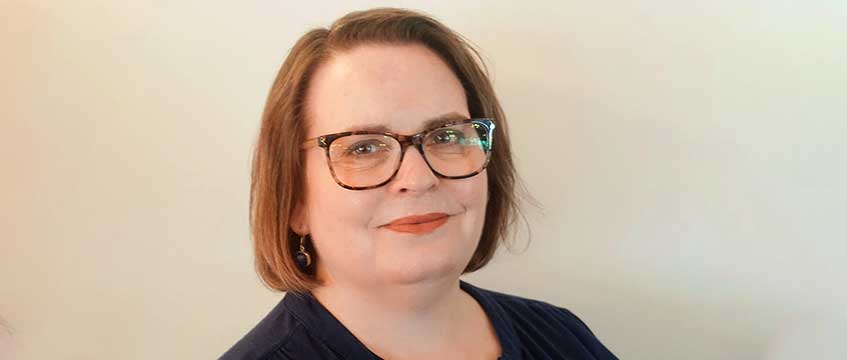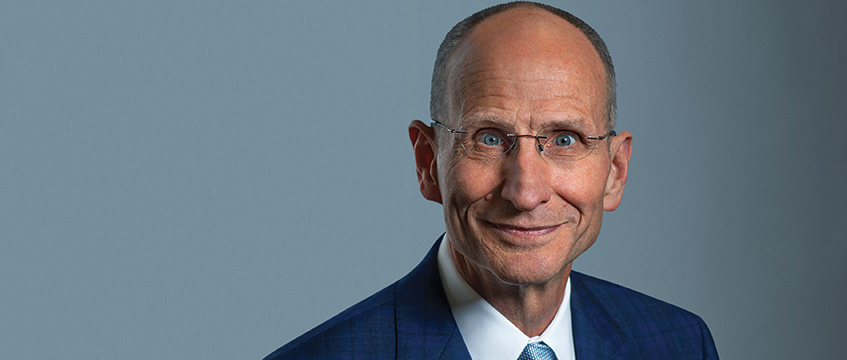Facing the pandemic’s perfect storm for mental health
COMMENT As another World Mental Health Day looms, it’s worth reflecting how much the past 18 months or so has affected everyone’s emotional and mental wellbeing. Perhaps it was just as well in October 2020 that we didn’t have a crystal ball and didn’t know that we would still be talking about isolating and testing and working from home a year later.
Mental health continues to be high on our agenda at LionHeart. We’re still seeing a high volume of calls to the helpline from surveyors who are concerned about their mental wellbeing or feel stressed by multiple factors.
The everyday things that cause stress for people haven’t gone away throughout Covid-19. Modern life is busy and most of us have several plates spinning at any one time. What we have found, though, is that some of those stressors have been brought into even sharper focus because of the pandemic.
COMMENT As another World Mental Health Day looms, it’s worth reflecting how much the past 18 months or so has affected everyone’s emotional and mental wellbeing. Perhaps it was just as well in October 2020 that we didn’t have a crystal ball and didn’t know that we would still be talking about isolating and testing and working from home a year later.
Mental health continues to be high on our agenda at LionHeart. We’re still seeing a high volume of calls to the helpline from surveyors who are concerned about their mental wellbeing or feel stressed by multiple factors.
The everyday things that cause stress for people haven’t gone away throughout Covid-19. Modern life is busy and most of us have several plates spinning at any one time. What we have found, though, is that some of those stressors have been brought into even sharper focus because of the pandemic.
Worry about work (or loss of it), being isolated from our friends and family and other “coping” mechanisms for large periods of time, worry about our own health and that of loved ones: all that has taken a toll on people’s emotional wellbeing.
Throw in the working professional who suddenly found themselves without childcare, having to get to grips with Google Classroom and supporting their isolated child through disrupted education, along with the more current concerns such as returning to a commute or physical workplace while keeping one eye on rising school Covid cases – well, then you really have a perfect storm that will wobble even the most positive of mental health.
Family support
Our own counselling service has been extremely busy, and we have continued to support RICS professionals, and their partners, throughout – even if our counsellors have sometimes talked to their clients as they sat in their cars for privacy or via text and email.
One of the trends we have noticed is the increasing strain that the past several months have had on family mental health.
As a result, LionHeart has become the first benevolent fund to directly commission a youth counselling service for the children of RICS members (aged 12 to 18). Young people’s mental health was under pressure before coronavirus, but the disruption of the past year and a half is adding to the situation.
The strain on waiting lists to access help through the NHS Child and Adolescent Mental Health Services has been well documented in the media, and a recent article from the BBC described the “agonising” wait for support, with a fifth of young people in England waiting more than 12 weeks, while in the worst areas it was as much as eight months.
If one member of a family is struggling, then that will have a very real impact on the whole family. Increasingly, we were hearing of the strain on parents’ own mental health because they were desperately worried about their teen and felt utterly helpless – and although we could support the parents, it was not addressing the root cause of their heartache.
Time of need
Within hours of us announcing the new service we had our first referral, and there has also been interest from our corporate partners as they are seeing impacts on their staff from family mental health issues.
We are very excited about this expansion of support, not least because the statistics tell us that around half of all adults with mental health issues first experienced problems by the age of 14. One in 10 schoolchildren have a diagnosable mental health problem, yet three-quarters never access early support. If ever there was a need to provide timely intervention, it is now.
Free mental health webinars
LionHeart will be running a two-day programme of free webinars to mark World Mental Health Day this October.
Sessions include mental health awareness and wellbeing sessions, as well as panel discussions and personal experiences from the organisation’s mental health ambassadors – all RICS professionals who have first-hand experience of mental ill health and now volunteer their time to help raise awareness, inspire and encourage other people to seek help.
Click here for full details and to book your place.
Juliet Smithson is head of operations at LionHeart











